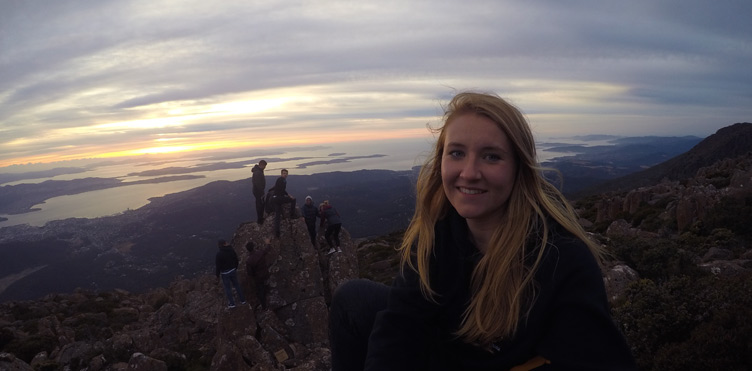Choosing your program

The Student Abroad program offers various international opportunities and the first step is deciding which option is right for you.
You can choose from short to longer-term programs, summer programs, academic or even gain work experience abroad.
- UNB Travel Study – 3 Weeks in May
- Summer Programs – 3 to 6 Weeks during summer months (typically July)
- Academic Exchange – 4 to 8 months during the academic year
- Coop/Internships/IEC – vary in length and can take place during summer and academic terms
- Field Schools – faculty dependent and typically 1-2 weeks
- Letter of Permission – study abroad at a non-partner university
International program considerations
Academic or experiential
Depending on your degree program at UNB an academic or experiential experience may be your best option.
One of your first steps is scheduling a meeting with an academic advisor to request a degree audit. This will help you get a better understanding of your remaining courses required to graduate from UNB and if an experiential experience may be an option.
Academic
- Choosing courses that pair well with or complement your UNB degree (you can take core and/or elective courses on an exchange)
- Choosing courses that may be unique and not available at UNB
- Choosing courses that offer cultural / language exposure
Experiential
- Is this integral to your degree program?
- Will it add time to your degree completion?
- Am I able to complete it during the summer months?
- Paid experience or receive academic credit
- This is a common difference between a co-op placement and an internship
- Is the experience directly related to your degree program?
Financial
There are many aspects to consider when assessing the financial implications of a Student Abroad program. Ultimately, you are investing in yourself, adding value to your degree program and enhancing your employability upon graduation. These financial considerations can help determine which program has the best value to you.
- cost of living in the destination country
- flights to country
- durations of program
- fee structure
- exchange rates
- accommodations, etc..
- sources of funding
Personal preference
A student abroad program at its core is a professional program. Whether academic, experiential or a combination of both, you should be excited about where you are going!
- interest in local culture/history
- family connections to the local area
- climate
